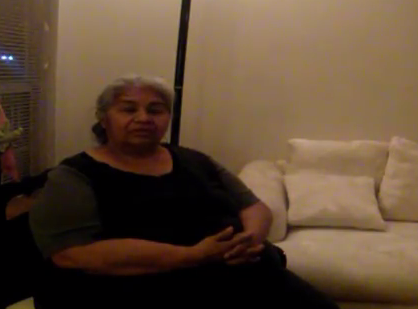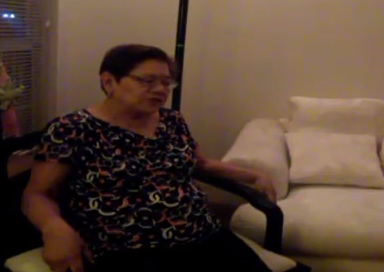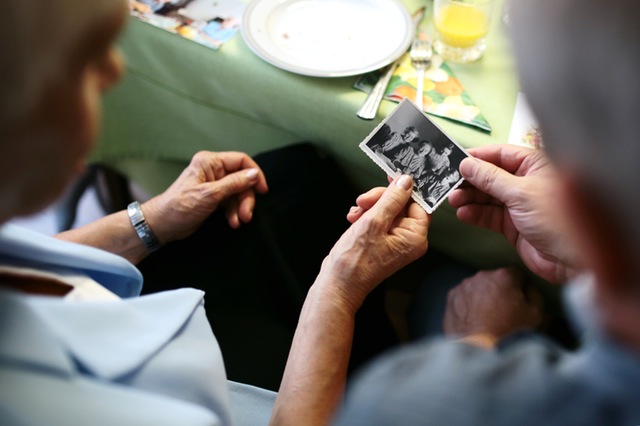Many travel to the United States in hopes of following the American dream, and growing old gracefully.
Unfortunately, despite working numerous low-skill, low-wage and physically demanding jobs, many immigrants find it difficult to save what’s necessary for a comfortable retirement.
This issue is particularly relevant to Latino older adults, as they are the fastest growing segment of the population aged 65 years old and above.
Estimates suggest that by 2060, there will be as much as 22 million elderly Latinos in the United States. That figure is around six times the current amount of Latino elderly and would represent close to a quarter of the senior population.
The process of finding work to supplement Social Security income in a person’s golden years is an elusive task in a society that values youth and vigor. On behalf of Kapok Multicultural Senior Care Services, Tommy Shimokado from Te Libenter Sociare Films interviews two immigrant women, Blanca and Dora, from El Salvador living in the Northern Virginia area to hear their personal stories about their work life, family, and what it is really like to age in America.
The interviews are in Spanish and can be viewed in a YouTube video entitled Almas, Sueños, y Presentes, which can be accessed here. The full video can also be seen below this post.

Shimokado delves into critical issues facing many Latino and other immigrants entering retirement age, such as meeting the challenges of balancing a modest Social Security check, seeking medical care on Medicaid, and their futile efforts at finding work.
The women share their optimism and advice for the next generation, and how their faith, family, work ethic, has sustained them into their old age.
Blanca and Dora tell of their inspiring stories coming to America, working multiple jobs cleaning hotels and homes, and washing dishes, while trying to raise their families.
Shimokado asks the poignant questions if saving for retirement ever came to mind, what they might have done differently, and where they think resources and services could better help older adults retire with dignity.
The two woman describe themselves as active and encourage the next generation and their own children to work very hard, save as much as possible, and never neglect their health. Blanca feels that despite her motivation to find work, potential employers take one look at her cane, and turn her away. She is able to drive, and enjoys it. Her ideal job would be driving seniors and individuals with disabilities around, a very important unmet need.
Dora worked in El Salvador from the age of 11, and later cleaning hotels in Roslyn, VA, doing double shifts from 8am to 5pm, and then from 5pm to 11:30pm.

Dora feels blessed to be surrounded by family and grandchildren, and is enjoying her retirement, despite a meager retirement income.
Saving for retirement was not something that factored into her budget, Dora says, as every penny she earned went into making sure her children had everything they needed.
Everything was for her children.
Like Blanca, Dora sees herself as an active woman with much to offer, but feels discriminated against by employers who don’t see her potential contributions. She feels disheartened that many seniors are like her, active and interested in continuing to work, but too easily tossed aside. She would love to work in a cafeteria or help with care of frail elderly women.
Together, Blanca and Dora, help portray unwieldy and biased social service and employment structures that need to be modernized to meet the needs of the growing number of older adults who wish to remain active and engaged contributors well into their old age.


Leave a Reply